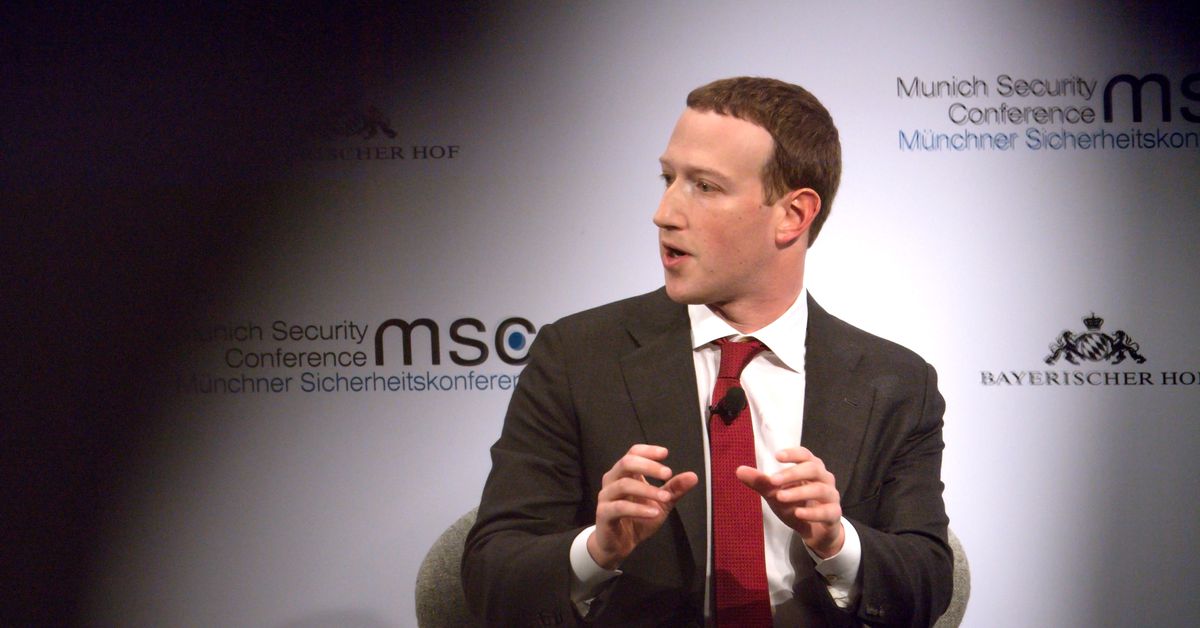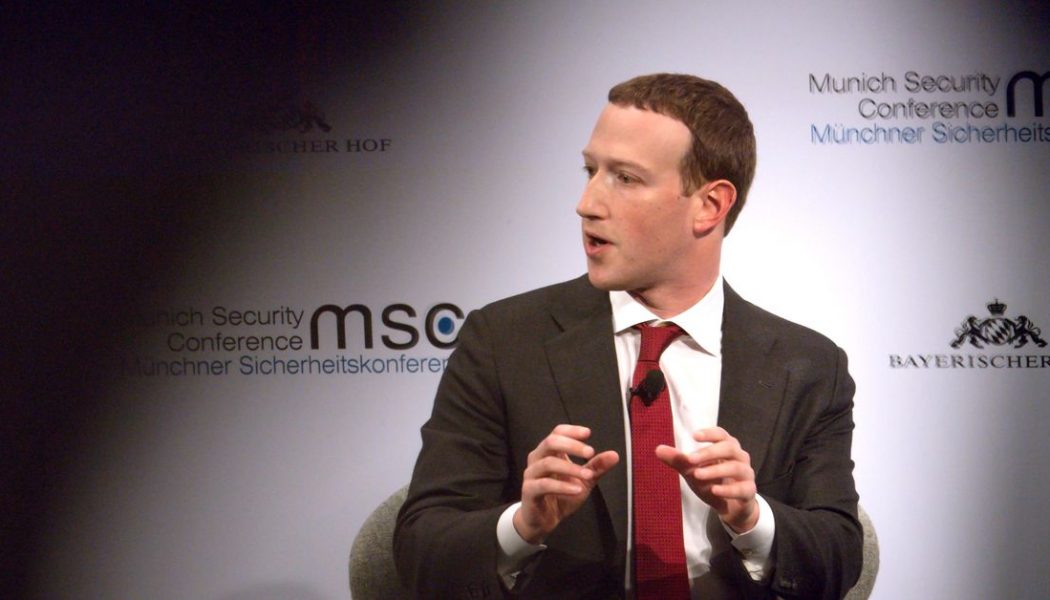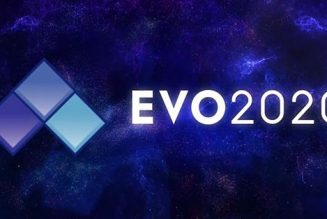
Has Facebook CEO Mark Zuckerberg cut a secret deal with President Donald Trump, turning a blind eye to his lies and incendiary posts in the hope that the social media giant won’t become the president’s next target? Rumors of this sort have been swirling for months, but Zuckerberg himself has now denied it, telling Axios that no such deal exists.
“I’ve heard this speculation, too, so let me be clear: There’s no deal of any kind,” said Zuckerberg. “Actually, the whole idea of a deal is pretty ridiculous.”
The comments come in response to mounting concern over Zuckerberg’s relationship with the president, which has remained cordial despite worries about the president’s use of social media. NBC News reported last year that Trump hosted Zuckerberg for a secret dinner at the White House. The dinner came just a week after Zuckerberg made a speech confirming that Facebook would not fact-check political ads, giving Trump license to share misleading videos, ads, and posts on the world’s biggest social network.
Since then, the president and his supporters have pushed the limits of Facebook’s largesse, sharing doctored campaign videos and lies about mail-in ballots. There have also been incidents in which Facebook seems to have gone out of its way not to remove misinformation beloved by the political right.
Just this week, an investigation by HEATED and Popular Information found that Facebook removed the fact-check of a “partly false” article about climate change published by right-wing news site The Daily Wire. The company did so after the author complained he was being censored and a Republican congressman took up the cause. According to the investigation, the decision to remove the fact-check went right to the top of the company, involving Facebook’s VP of global affairs and communications, the former British politician Nick Clegg.
Facebook’s refusal to remove certain posts, like Trump’s response to protests in Minneapolis against racist police violence (“when the looting starts, the shooting starts”) has certainly cost the company. It’s faced employee walkouts and advertiser boycotts because of them. But Trump, who otherwise delights in picking fights with tech giants like Amazon and Twitter, has increasingly left Facebook alone. It’s a state of affairs that hasn’t gone unnoticed.
Roger McNamee, a venture capitalist who was an early investor in Facebook and now a noted critic of the company, told The New York Times last month that he believed the two had a deal of some sort. McNamee said the arrangement was “probably implied rather than explicit” and “highly utilitarian,” but mutually beneficent all the same.
“It’s basically about getting [Facebook] free rein and protection from regulation,” said McNamee. “Trump needs Facebook’s thumb on the scale to win this election.”
To support McNamee’s claim, the Times reported that the antitrust investigations being led by the Justice Department into US tech giants look like they will be kind to Zuckerberg’s company. A source familiar with the investigations told the Times that while Google and Amazon were up against “mature investigations,” the probe into Facebook is “not real at all.”
The response from Zuckerberg and Facebook to accusations of a deal has been to point out the various disagreements they’ve had with the White House over things like immigration policy and climate change. Speaking to Axios about the dinner with Trump last year, the Facebook CEO also noted that it’s hardly unusual for him to meet heads of state.
“I accepted the invite for dinner because I was in town and he is the president of the United States,” Zuckerberg told Axios. “For what it’s worth, I also had multiple meals and meetings with President Obama … both at the White House and outside, including hosting an event for him at Facebook HQ.”
But just because no formal (or even implicit) deal exists, it doesn’t mean that Zuckerberg and Trump’s interests aren’t aligned right now. Zuckerberg wants to avoid accusations of anti-conservative bias and exhaustive antitrust investigations, while Trump wants to continue being able to say whatever he likes to the American public without fear of censorship.
As a recent report by The Washington Post noted, though, Zuckerberg has been shaping Facebook’s rules to fit Trump’s speech for a while now. In 2015, as Trump began to attract supporters as a candidate, he posted a video on Facebook in which he said he wanted to ban Muslims from entering the United States. As the Post reports, the video outraged many Facebook employees who said it violated the company’s policies for hate speech, but Zuckerberg ultimately let the video stand because of its “newsworthiness” — a standard which would become policy in 2016.
In other words, if Zuckerberg made a deal with Trump, he did so long ago.










